Is Muscle Milk Healthy? Benefits, Ingredients, and Health Risks Explained. Wondering if Muscle Milk is a healthy choice? Discover its nutritional benefits, potential risks, and how it compares to other protein supplements like whey and plant-based options. Get the full scoop here!
Introduction
If you’re into fitness or looking for a protein-packed drink to support your health goals, you’ve probably come across Muscle Milk. It’s a popular supplement that’s often marketed as a protein drink for athletes and anyone looking to build muscle or recover from workouts. But the question remains: Is Muscle Milk healthy? In this article, we’ll break down everything you need to know, from its ingredients to whether it’s a good choice for daily use.
What is Muscle Milk?
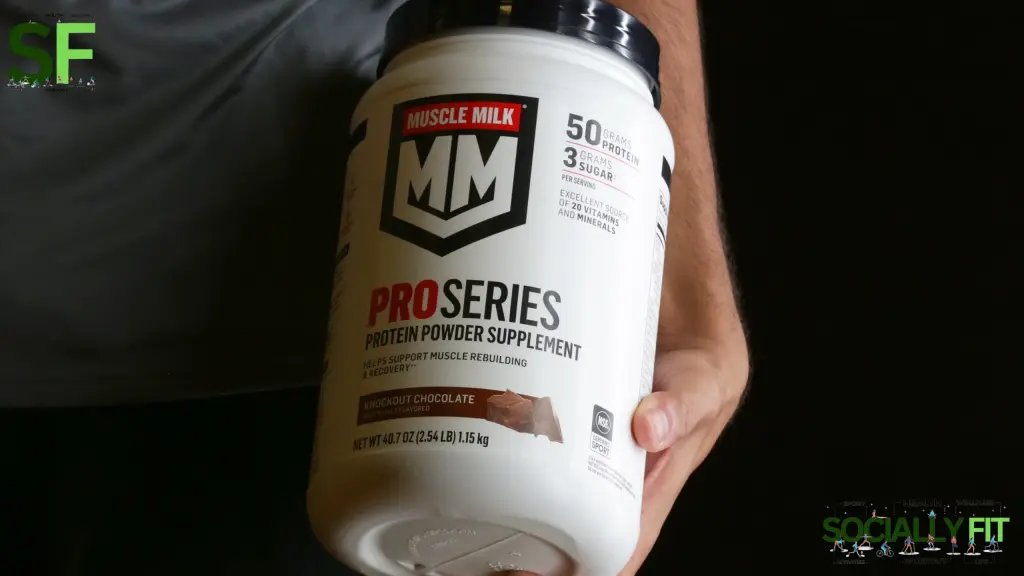
Muscle Milk is a popular protein supplement designed to aid in muscle recovery, growth, and overall nutrition. Manufactured by CytoSport, it’s marketed primarily toward athletes, fitness enthusiasts, and anyone looking to boost their protein intake. Muscle Milk contains a blend of whey and casein proteins, offering both fast-digesting and slow-releasing proteins to support immediate recovery and sustained muscle repair. In addition to protein, it includes added fats, carbohydrates, vitamins, and minerals, making it a more complete nutritional product compared to typical whey protein powders. Muscle Milk comes in various forms, including ready-to-drink shakes, powders, and bars, each formulated to provide convenient nutrition on the go.
Though initially created for athletes, Muscle Milk has grown in popularity among people looking to support their fitness goals, weight management, and overall wellness. Many versions of Muscle Milk are lactose-free, making it accessible to those with lactose intolerance. However, it is essential to understand that while Muscle Milk provides high-quality protein, it is still a processed supplement, meaning it should be used alongside a balanced diet rather than as a complete meal replacement. With its wide variety of flavors and formulations, it appeals to a broad audience, but like any supplement, it’s crucial to consider its benefits and potential drawbacks.
Is Muscle Milk Healthy
Ingredients in Muscle Milk
Understanding the ingredients of Muscle Milk is crucial to assessing its health benefits.
Whey Protein
One of the primary ingredients in Muscle Milk is whey protein, a fast-digesting protein derived from dairy. Whey is packed with essential amino acids, especially branched-chain amino acids (BCAAs), which are vital for muscle repair and growth.
Casein Protein
Muscle Milk also contains casein protein, another type of protein from milk. Unlike whey, casein digests more slowly, providing a steady release of amino acids over time. This combination of fast and slow proteins is ideal for continuous muscle support.
Fats and Carbohydrates
In addition to protein, Muscle Milk includes a mix of fats and carbohydrates. Some versions have added medium-chain triglycerides (MCTs), which are quickly absorbed fats that may provide an energy boost. The carbohydrate content helps replenish glycogen stores after workouts.
Vitamins and Minerals
Muscle Milk is fortified with essential vitamins and minerals like calcium, magnesium, and vitamin D, which support overall health, particularly bone strength and energy metabolism.
Is Muscle Milk Healthy
Nutritional Benefits of Muscle Milk

So, what makes Muscle Milk beneficial for health?
Protein Content
Muscle Milk is packed with high-quality protein. A typical serving contains about 15 to 32 grams of protein, depending on the product type. This makes it a convenient way to meet your protein needs, whether you’re building muscle or simply maintaining your daily protein intake.
Vitamin and Mineral Boost
With its mix of essential nutrients, Muscle Milk can contribute to your overall well-being, especially if you have a deficiency. For instance, its calcium content supports bone health, while vitamin D enhances calcium absorption.
Recovery and Muscle Building
The blend of whey and casein proteins in Muscle Milk helps in both immediate recovery after a workout (thanks to whey) and prolonged muscle repair (thanks to casein). This dual action makes it effective for athletes looking to maximize their post-workout recovery.
Is Muscle Milk Healthy
Is Muscle Milk Healthy for Daily Use?
Now, let’s tackle the big question: is it healthy to drink Muscle Milk every day?
Pros of Using Muscle Milk Daily
- Convenient source of protein: If you struggle to get enough protein from whole foods, Muscle Milk offers an easy solution.
- Supports muscle recovery: Regular use can aid muscle repair and growth, especially if you’re engaging in strength training.
- Nutrient-dense: With its added vitamins and minerals, Muscle Milk can complement a balanced diet.
Cons of Using Muscle Milk Daily
- Added sugars and sweeteners: Some versions of Muscle Milk contain artificial sweeteners or added sugars, which can be unhealthy in excess.
- Potential allergens: Muscle Milk contains dairy-based proteins like whey and casein, which can trigger allergies in some people.
- Over-reliance on supplements: Depending too much on Muscle Milk can make you miss out on the benefits of whole foods, such as fiber and antioxidants.
Is Muscle Milk Healthy
Muscle Milk for Weight Loss
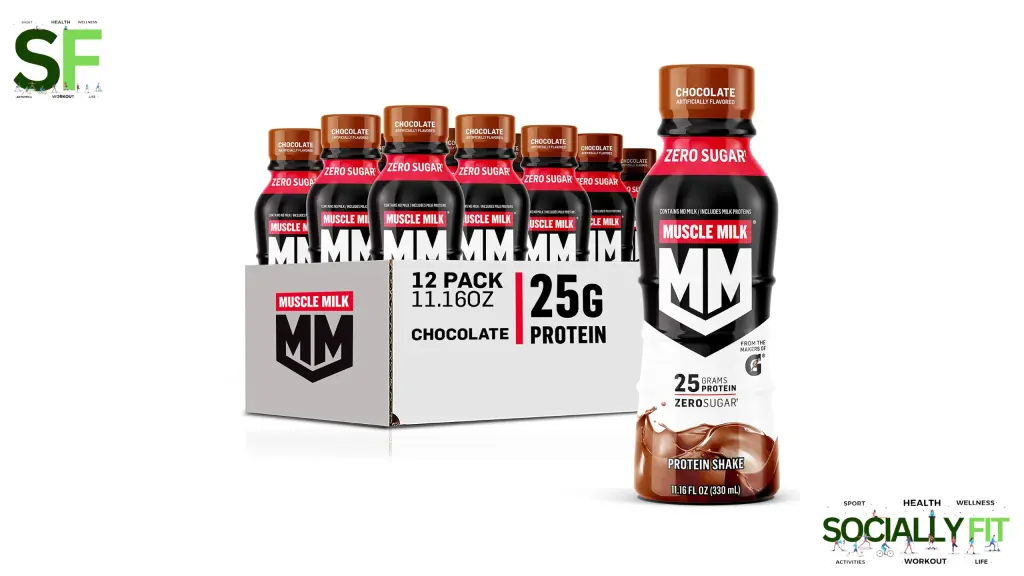
Can Muscle Milk help with weight loss? While it’s typically marketed for muscle gain, Muscle Milk can be used in weight loss plans if consumed in moderation. The protein content helps with satiety, which means you may feel fuller for longer, reducing overall calorie intake.
However, be mindful of the calorie content. Some versions are higher in fats and sugars, which could counteract your weight loss efforts if consumed excessively.
Is Muscle Milk Healthy
Muscle Milk for Muscle Gain
As the name suggests, Muscle Milk is designed to support muscle growth. The combination of fast- and slow-digesting proteins provides a steady flow of amino acids to your muscles, helping them repair and grow after intense exercise. It’s a good choice if you’re trying to pack on muscle, especially when combined with resistance training.
Is Muscle Milk Healthy
Is Muscle Milk Safe for Everyone?
While Muscle Milk offers many benefits, it may not be suitable for everyone.
Potential Allergens
If you’re lactose intolerant or have a milk allergy, Muscle Milk might not be the best choice due to its whey and casein content. Some people may experience digestive issues like bloating or stomach cramps.
Sugar and Artificial Sweeteners
Some versions of Muscle Milk contain artificial sweeteners like sucralose or acesulfame potassium. While these sweeteners are generally recognized as safe, some individuals prefer to avoid them due to concerns over potential long-term effects.
Side Effects
Common side effects for some people can include digestive issues such as gas, bloating, or diarrhea, especially if you’re sensitive to dairy.
Is Muscle Milk Healthy
Comparing Muscle Milk to Other Protein Supplements
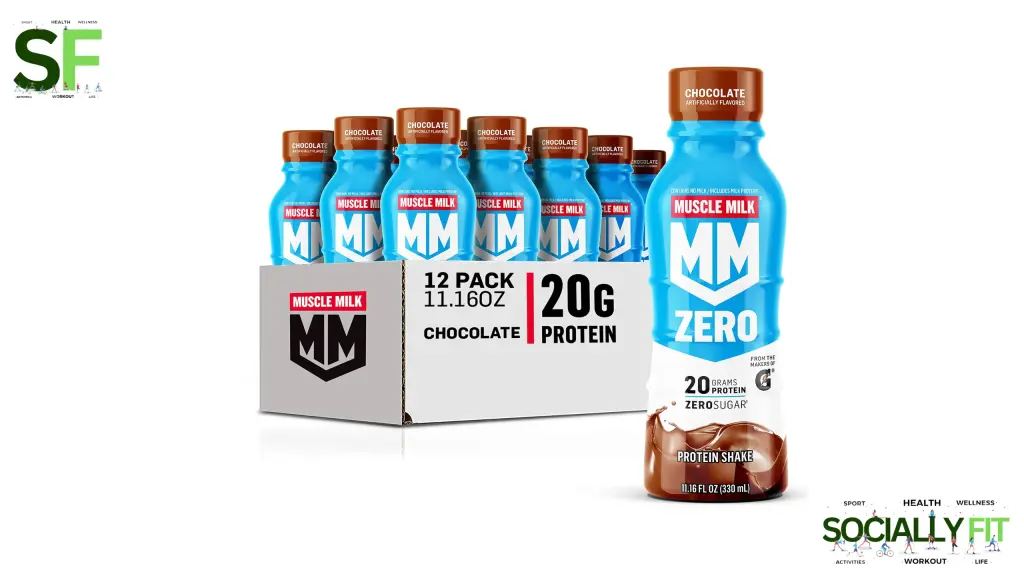
When deciding whether Muscle Milk is right for you, it’s helpful to compare it with other protein supplements.
Muscle Milk vs. Whey Protein
Muscle Milk combines both whey and casein proteins, making it more versatile for muscle recovery and sustained protein release. On the other hand, regular whey protein is faster acting and may be better suited for immediate post-workout recovery.
Muscle Milk vs. Plant-Based Protein
For those who are vegan or lactose intolerant, plant-based protein powders like pea or rice protein may be a better alternative. However, they often lack the complete amino acid profile found in dairy-based proteins like those in Muscle Milk.
Is Muscle Milk Healthy
Can Muscle Milk Replace Meals?
While Muscle Milk is nutrient-dense, it’s not a perfect replacement for a balanced meal. Whole foods provide a broader range of nutrients, including fiber and phytonutrients, that a protein shake simply can’t match. However, in a pinch, Muscle Milk can serve as a convenient meal replacement.
Is Muscle Milk Healthy
Health Benefits of Muscle Milk
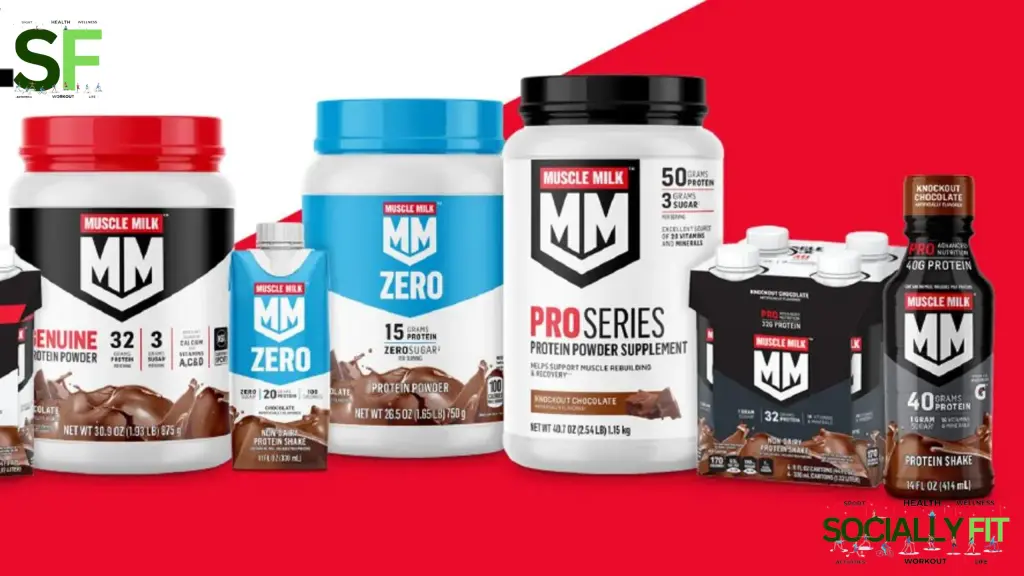
- Promotes Muscle Recovery
Muscle Milk contains both whey and casein proteins, which help repair muscles after intense workouts. The fast-absorbing whey supports immediate recovery, while the slow-releasing casein sustains muscle repair over several hours. - Supports Muscle Growth
With a high concentration of protein, Muscle Milk provides the necessary amino acids that promote muscle growth. This is especially beneficial for bodybuilders or athletes looking to increase muscle mass. - Sustains Energy Levels
The carbohydrates and fats in Muscle Milk provide a steady source of energy, making it a suitable option for pre-workout or as a snack between meals. It keeps your energy levels stable without the crash you might get from sugary snacks. - Nutrient-Dense Formula
Muscle Milk is fortified with essential vitamins and minerals like calcium, potassium, and magnesium. These nutrients support bone health, electrolyte balance, and overall well-being, ensuring you get more than just protein in each serving. - Helps with Weight Management
Because it’s packed with protein and relatively filling, Muscle Milk can be used to help manage weight by curbing hunger. When consumed in moderation, it can serve as a satisfying snack or meal replacement. - Convenient Source of Protein
Available in ready-to-drink bottles, powders, and bars, Muscle Milk is extremely convenient for those who lead busy lives. You can easily grab a serving on the go without worrying about meal prep. - Lactose-Free Options
Many versions of Muscle Milk are lactose-free, making it a good choice for individuals who are lactose intolerant. You can still enjoy the benefits of dairy-based protein without experiencing digestive discomfort. - Supports Immune Function
Muscle Milk contains micronutrients like zinc and vitamin D, which play a crucial role in supporting your immune system. Regular consumption helps bolster your body’s defenses, especially after strenuous workouts. - Improves Exercise Performance
By providing a balanced source of macronutrients, Muscle Milk can improve your exercise performance. The blend of proteins, fats, and carbs fuels your body and helps maintain endurance during training sessions. - Versatile Use
Muscle Milk can be consumed as a post-workout drink, snack, or even a meal replacement. Its versatility means you can incorporate it into your diet in various ways to meet your nutritional goals.
Is Muscle Milk Healthy
Potential Disadvantages of Muscle Milk
- High Calorie Content
Some versions of Muscle Milk contain higher calories due to added fats and carbs. If you’re not mindful, this can lead to unwanted weight gain, especially if you’re consuming it as a snack rather than post-workout. - Contains Artificial Sweeteners
Many Muscle Milk products include artificial sweeteners like sucralose or acesulfame potassium. These may cause digestive discomfort in some people and could be concerning if you prefer to avoid synthetic additives. - Not Suitable for Everyone
Despite being lactose-free, Muscle Milk still contains dairy-based proteins, which might not be suitable for vegans or those with severe dairy allergies. In such cases, plant-based protein alternatives might be a better option. - May Contain Additives
Besides protein, Muscle Milk often contains thickeners, emulsifiers, and preservatives to enhance taste and texture. Over time, excessive consumption of these additives might not align with a clean eating lifestyle. - Higher in Fats
While fats can provide sustained energy, some versions of Muscle Milk contain higher levels of fat than other protein supplements. This can be problematic if you’re trying to maintain a low-fat diet or reduce calorie intake. - Can Be Expensive
Muscle Milk products, particularly the ready-to-drink versions, tend to be more expensive than traditional protein powders. If you’re using it frequently, the cost can add up quickly, making it a less budget-friendly option. - Digestive Issues
Even though Muscle Milk is designed to be easy on the stomach, some people may still experience bloating or digestive discomfort, particularly if they have issues digesting casein or whey proteins. - Sugar Content
Certain varieties of Muscle Milk contain added sugars or sugar substitutes, which can be a downside if you’re trying to minimize sugar intake. Consuming too much sugar can lead to energy crashes or hinder weight loss efforts. - Limited Muscle-Building for Vegans
Since it’s a dairy-based protein, Muscle Milk isn’t suitable for those following a vegan lifestyle. If you’re vegan, you’d need to seek plant-based protein alternatives to achieve the same muscle-building effects. - Not a Complete Meal Replacement
While Muscle Milk contains many nutrients, it’s not a fully balanced meal. Relying on it too much as a meal replacement could lead to nutritional gaps, as it doesn’t provide the fiber and whole-food benefits that come from a well-rounded diet.
Is Muscle Milk Healthy
Who Should Avoid Muscle Milk?
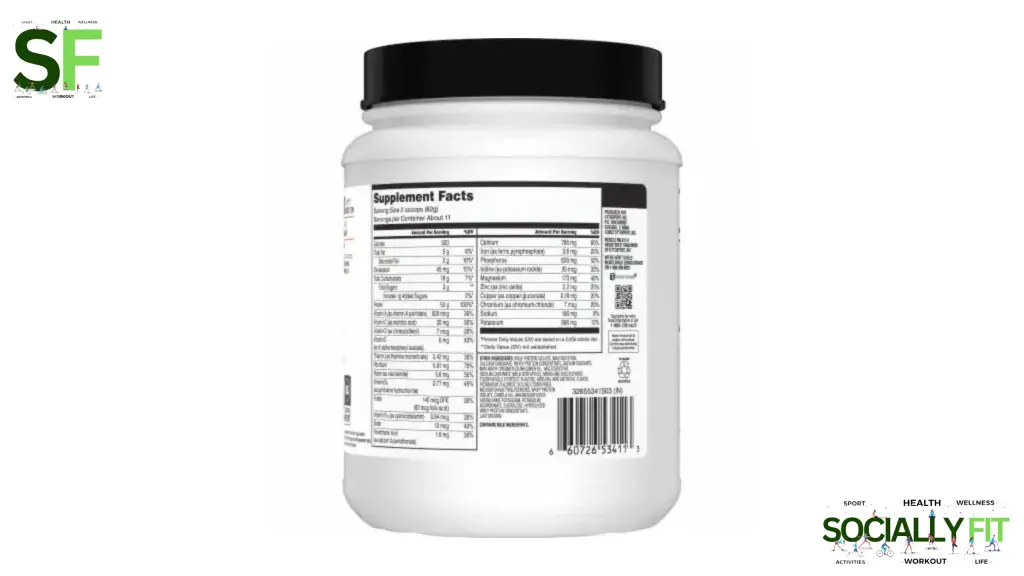
Certain individuals may want to avoid Muscle Milk, including:
- Those with dairy allergies
- People trying to reduce sugar intake
- Individuals who prefer to avoid artificial ingredients
Best Times to Consume Muscle Milk
The best time to consume Muscle Milk depends on your goals:
- Post-workout: For muscle recovery, drink it within 30 minutes after exercise.
- Before bed: Thanks to the slow-digesting casein, it can be consumed at night to support muscle repair during sleep.
Is Muscle Milk Healthy
Muscle Milk and Fitness Goals
Whether you’re aiming for muscle gain, weight loss, or enhanced recovery, Muscle Milk can play a supportive role in your fitness plan. Pairing it with a balanced diet and consistent workout routine is key to maximizing its benefits.
Is Muscle Milk Healthy
The Role of Muscle Milk in Post-Workout Recovery
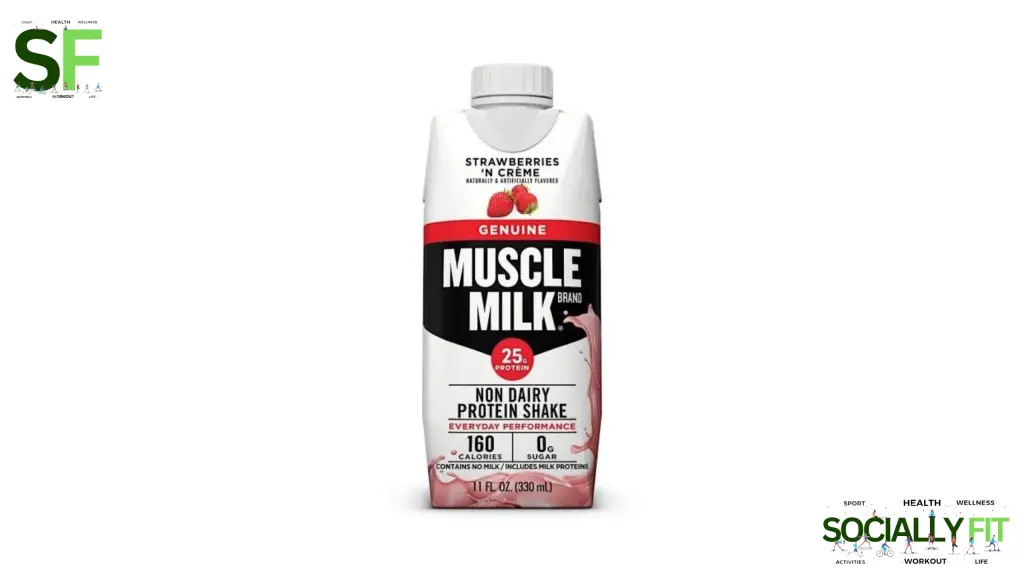
Post-workout recovery is one of Muscle Milk’s biggest selling points. The combination of proteins, along with the inclusion of carbohydrates and fats, helps to replenish glycogen stores, repair damaged muscle fibers, and reduce muscle soreness.
Is Muscle Milk Healthy
How Does Muscle Milk Compare to Regular Whey Protein in Terms of Muscle Recovery?
| Factor | Muscle Milk | Regular Whey Protein |
|---|---|---|
| Protein Composition | Contains both whey and casein for fast and slow release | Primarily fast-digesting whey protein |
| Absorption Rate | Provides sustained release due to casein | Absorbs quickly, ideal for immediate post-workout recovery |
| Carbohydrate Content | Includes added carbs for energy replenishment | Typically low in carbs unless mixed with additives |
| Fat Content | Contains some fats for sustained energy | Usually very low in fat unless mixed with milk |
| Calorie Count | Generally higher in calories due to carbs and fats | Lower in calories, especially in isolate forms |
| Recovery Speed | Supports both immediate and extended recovery | Focuses on rapid muscle repair after workouts |
| Taste and Flavors | Comes in a variety of flavors, often creamier | Often limited in flavors and texture |
| Nutritional Additives | Fortified with vitamins and minerals like calcium | Pure whey protein rarely contains extra nutrients |
| Digestibility | Slower digestion due to casein | Easily digested, ideal for quick post-workout absorption |
| Versatility | Can be used as a meal replacement or snack | Best suited for post-workout use |
Analysis
- You should choose Muscle Milk if you want extended recovery and a sustained release of nutrients.
- Whey protein is perfect for those looking for quick muscle repair right after intense workouts.
- Muscle Milk can be a better option when you’re hungry and need a filling snack, whereas whey is more suited to immediate post-workout recovery.
- If you’re looking to limit calories, regular whey protein may be more effective, especially if you’re on a weight management plan.
- For those who want a balanced nutrient profile, Muscle Milk provides added vitamins and minerals.
Is Muscle Milk Healthy
Is Muscle Milk Healthier Than Plant-Based Protein Supplements for Building Muscle?
| Factor | Muscle Milk | Plant-Based Protein Supplements |
|---|---|---|
| Protein Source | Dairy-based, containing both whey and casein | Derived from plants like pea, hemp, or soy |
| Amino Acid Profile | Complete profile with all essential amino acids | Often incomplete, unless a blend is used |
| Digestibility | Easier to digest for most, though some may have lactose issues | Plant proteins can be harder to digest for some people |
| Allergens | May trigger lactose or dairy allergies | Hypoallergenic, suitable for those avoiding dairy |
| Sustainability | Dairy farming has a larger environmental footprint | More eco-friendly, using plant-based resources |
| Protein Absorption | Faster and sustained absorption due to whey and casein | Absorbs more slowly compared to dairy-based proteins |
| Nutritional Additives | Fortified with vitamins and minerals | Often includes added fiber and antioxidants from plants |
| Calorie Count | Higher in calories due to added fats and carbs | Typically lower in calories unless enriched |
| Taste and Texture | Creamier and richer flavor | Earthier, sometimes grittier texture |
| Muscle Building Potential | Provides both fast and slow-releasing proteins for recovery | Can build muscle but may require more protein per serving |
Analysis
- Muscle Milk provides a complete amino acid profile, making it ideal for muscle growth, while plant-based proteins might need to be combined to achieve the same benefit.
- If you’re lactose intolerant or vegan, plant-based protein is the clear choice.
- Muscle Milk is faster at promoting muscle repair due to the whey-casein combination, but plant-based proteins have the added benefit of being gentler on digestion for some individuals.
- Environmentally conscious consumers might prefer plant-based options for their lower ecological footprint.
- If you’re looking for added nutrients like antioxidants or fiber, plant-based proteins have an edge.
Is Muscle Milk Healthy
What Are the Differences Between Muscle Milk and Traditional Dairy Milk in Terms of Nutritional Value?
| Factor | Muscle Milk | Traditional Dairy Milk |
|---|---|---|
| Protein Content | Higher, containing both whey and casein | Moderate, mostly casein protein |
| Fat Content | Includes healthy fats, sometimes with added MCTs | Varies from full-fat to skim options |
| Carbohydrate Content | Contains more carbs due to added sugars or fibers | Naturally occurring lactose provides carbohydrates |
| Vitamins and Minerals | Fortified with extra nutrients like calcium, magnesium | Naturally contains calcium, vitamin D (if fortified) |
| Calorie Count | Generally higher due to added proteins and fats | Varies based on fat content (whole milk has more calories) |
| Sugars | Some varieties have added sugars or artificial sweeteners | Contains naturally occurring lactose |
| Digestibility | Slower due to casein, similar to milk | Easier to digest for most, but can cause issues for lactose intolerant |
| Muscle Recovery | Designed specifically for muscle repair and growth | Offers moderate muscle recovery benefits |
| Flavors | Comes in a variety of flavors | Usually available in plain or chocolate |
| Versatility | Can be used as a protein supplement or meal replacement | Mostly consumed as a beverage or in recipes |
Analysis
- Muscle Milk offers more protein and is tailored specifically for those focusing on muscle recovery, while dairy milk is more of an all-purpose beverage.
- If you need a quick post-workout recovery drink, Muscle Milk is superior due to its nutrient profile.
- Dairy milk is more suited to everyday use and versatile in cooking, whereas Muscle Milk is more specialized for fitness enthusiasts.
- Muscle Milk often contains added vitamins, but traditional milk is naturally rich in nutrients, especially calcium.
- If you’re watching your calorie intake, skim milk is a better option, while Muscle Milk is more calorie-dense due to added proteins and fats.
Is Muscle Milk Healthy
Does Muscle Milk Provide Better Post-Workout Benefits Than Other Protein Shakes?
| Factor | Muscle Milk | Other Protein Shakes |
|---|---|---|
| Protein Composition | Contains both whey and casein for immediate and sustained recovery | Varies: could be whey, plant-based, or soy protein |
| Absorption Rate | Slow and fast absorption for continuous muscle repair | Depends on protein type, usually quick for whey |
| Nutritional Additives | Fortified with vitamins and minerals | Most offer basic protein with minimal additives |
| Carbohydrate Content | Contains added carbs to help replenish glycogen | Often lower in carbs unless it’s a mass gainer |
| Fats | Includes fats, sometimes MCTs, for sustained energy | Most protein shakes are low in fat |
| Calorie Count | Higher calorie count for a more complete meal replacement | Typically lower in calories unless a meal replacement shake |
| Digestibility | Slower digestion due to casein | Quick digestion if using pure whey protein |
| Taste and Flavor Options | Comes in more indulgent, creamy flavors | Taste and flavor vary significantly depending on brand |
| Post-Workout Efficiency | Effective for both immediate recovery and long-term muscle building | Effective for immediate recovery, especially whey-based |
| Additional Benefits | Supports overall health with added nutrients | Focused more on protein without extra health benefits |
Analysis
- Muscle Milk is great for those seeking extended recovery and steady muscle support due to the inclusion of casein, while other protein shakes might focus solely on immediate recovery.
- For a well-rounded post-workout shake, Muscle Milk offers a more complete package with fats, carbs, and vitamins, compared to basic protein shakes.
- If you’re looking for a low-calorie option, many other protein shakes have the edge, but Muscle Milk is better as a meal replacement.
- Muscle Milk’s nutrient-rich formula provides additional health benefits, while many basic shakes focus purely on protein.
- Those who need a quick, low-carb recovery drink may find regular protein shakes more fitting.
Is Muscle Milk Healthy
Is Muscle Milk More Effective for Weight Loss Compared to Meal Replacement Shakes?
| Factor | Muscle Milk | Meal Replacement Shakes |
|---|---|---|
| Protein Content | High in protein for muscle preservation during weight loss | Moderate to high, depending on the brand |
| Calorie Count | Moderate to high, depending on the version | Designed to be low-calorie to replace meals |
| Carbohydrate Content | Includes added carbs, which can affect weight loss efforts | Usually lower in carbs to keep calories down |
| Fat Content | Contains fats for satiety and energy | Often lower in fat to reduce calories |
| Nutritional Additives | Fortified with vitamins and minerals | Includes vitamins and fiber to help you feel full |
| Effectiveness for Weight Loss | Can aid in muscle preservation but may be too calorie-dense for weight loss | Specifically designed to help with weight management |
| Satiety | Filling due to fats and proteins | Also filling, often with added fiber for digestion |
| Digestibility | Slower digestion, which can help you feel full longer | Often quicker to digest, but also designed to suppress hunger |
| Muscle Preservation | Excellent for maintaining muscle mass during a cut | Provides enough protein to support muscle, but varies |
| Flavor and Variety | Rich flavors, often sweeter | Comes in a variety of lighter flavors |
Analysis
- Muscle Milk offers better muscle preservation during weight loss due to its high protein content, but it may be too calorie-dense compared to meal replacement shakes.
- Meal replacement shakes are specifically designed for weight loss, with lower calorie counts and a focus on suppressing hunger.
- If you want something that helps you feel full for longer, Muscle Milk’s fat content can be helpful, but for strict calorie control, a meal replacement shake may work better.
- For those looking for more variety in flavors, Muscle Milk provides richer, creamier options, while meal replacement shakes are often lighter in taste.
- Muscle Milk is better suited for people focusing on muscle preservation, while meal replacement shakes are tailored for overall weight loss.
Is Muscle Milk Healthy
Conclusion: Is Muscle Milk Healthy?
So, is Muscle Milk healthy? It can be a convenient and effective protein supplement for athletes, gym-goers, or anyone needing extra protein. However, like any supplement, it should be used in moderation and as part of a balanced diet. Be mindful of its sugar content, artificial ingredients, and potential allergens. Always consult a healthcare provider before adding any new supplement to your diet.
Is Muscle Milk Healthy
FAQs: Is Muscle Milk Healthy?
1. Can I drink Muscle Milk if I’m lactose intolerant?
Some versions of Muscle Milk are lactose-free, but always check the label for specifics.
2. How many times a day can I drink Muscle Milk?
One to two servings a day is generally considered safe, but it’s important not to rely solely on supplements for nutrition.
3. Is Muscle Milk good for weight loss?
It can be, especially if used in moderation as part of a calorie-controlled diet.
4. Can I use Muscle Milk as a pre-workout?
Yes, it can provide a good source of protein and energy before exercise.
5. Does Muscle Milk contain artificial sweeteners?
Yes, some versions contain artificial sweeteners like sucralose.
Click here to know more about weight loss. Subscribe to Workout with Hunar for weight loss and workout videos.
Is Muscle Milk Healthy








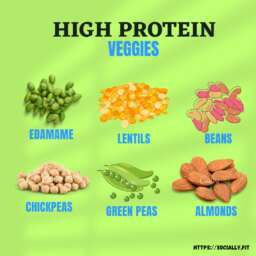
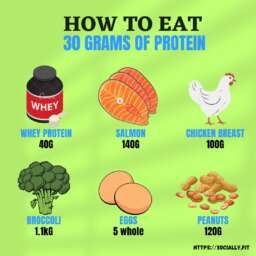
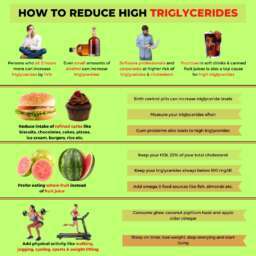
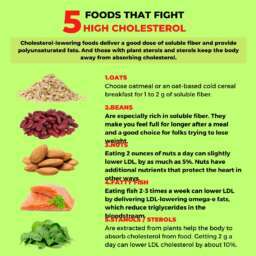
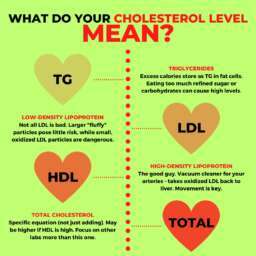


One thought on “Is Muscle Milk Healthy?”